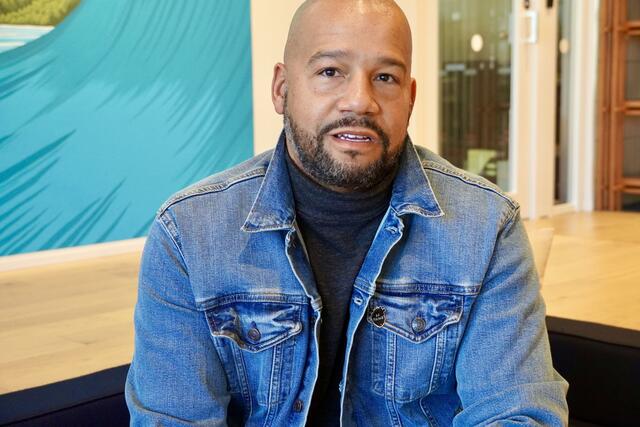In response to an inquiry conducted by HuffPost Japan, 329 individuals, including foreign residents and those with roots abroad, shared experiences where they felt their rights were violated or felt uncomfortable due to racial profiling during identity checks by law enforcement.
Racial profiling involves authorities singling out individuals based on specific attributes such as race, skin color, ethnicity, nationality, language, or religion.
The series aims to shed light on the reality of racial profiling in Japan and explore necessary measures to eliminate such human rights violations. The American Embassy issued a warning in December 2021 regarding cases where foreign nationals in Japan reported being subjected to racial profiling during police questioning, prompting ongoing investigations by entities like the Tokyo Bar Association.
What is Racial Profiling?
The legal basis for police questioning is the “Police Duties Execution Law,” which allows police officers to stop and question individuals based on “abnormal behavior or other circumstances in the surroundings” when they have reasonable grounds to believe that:
- The person has committed or is about to commit a crime.
- The person knows about a crime that has already been committed or is about to be committed.
Police questioning is not compulsory; it is an optional investigation.
Survey on Racial Profiling by HuffPost Japan:
HuffPost Japan conducted a survey in September 2021 regarding racial profiling in police stops. The survey targeted foreign residents living in Japan or those with roots overseas, including their families and supporters. Participants were asked about their experiences of feeling that their human rights were violated or feeling uncomfortable during police stops.
As of the end of December 2021, 384 responses were collected (excluding responses from individuals without overseas roots, etc.).
- 329 respondents shared experiences of feeling that their human rights were violated or feeling uncomfortable during police stops.
- 13 respondents had been stopped by the police but did not provide specific details about their experiences.
- 24 respondents stated that they did not feel their human rights were violated or feel uncomfortable during police stops.
- 12 respondents answered that they had never been stopped by the police.
- 6 respondents shared experiences of feeling that police treatment was unjust outside of police stops.
- In terms of the number of times respondents were stopped by the police, 190 people were stopped 1-3 times, 122 people were stopped 4-10 times, and 53 people were stopped 11 times or more. Three respondents were unsure of the number of times.



